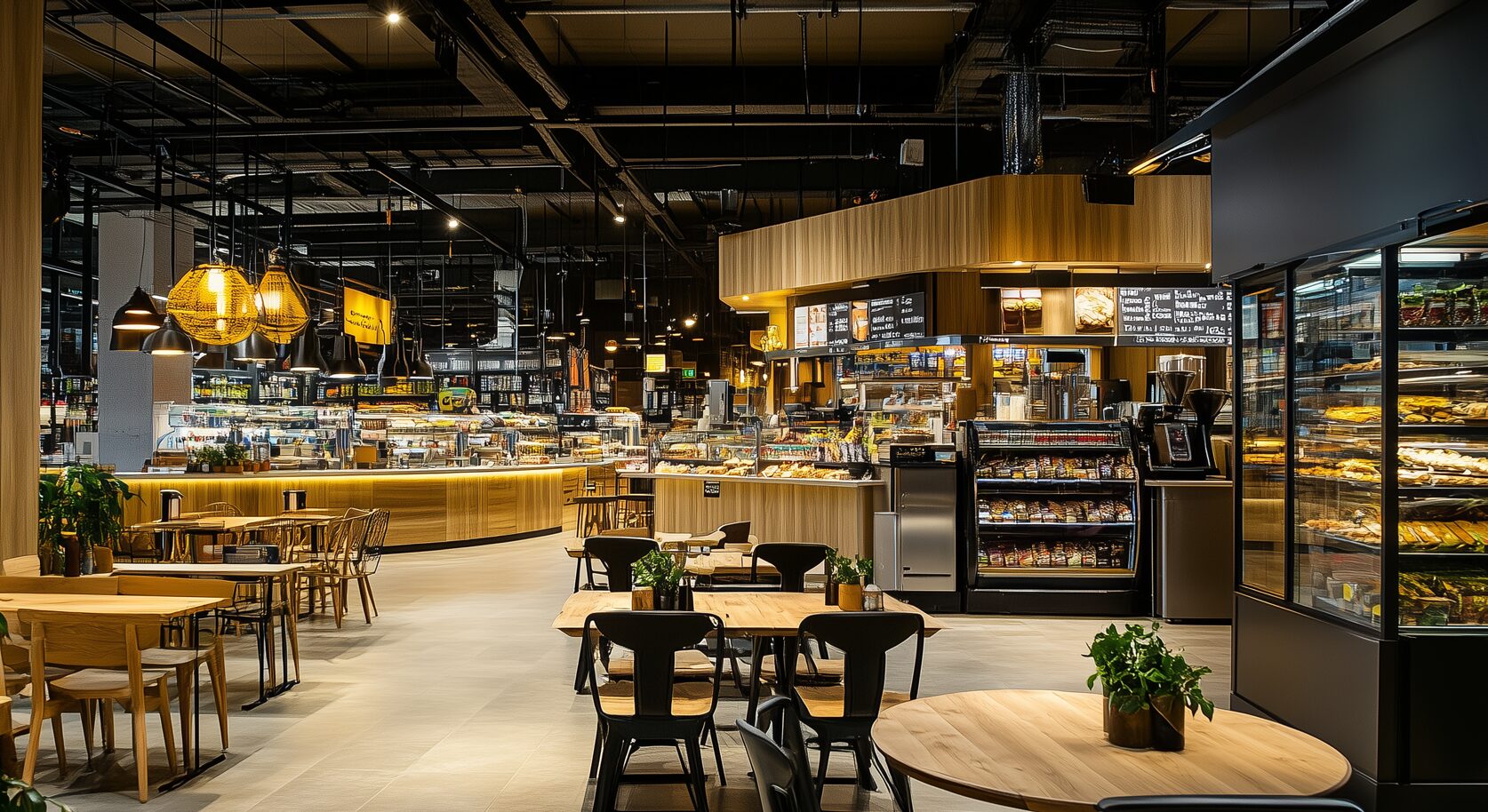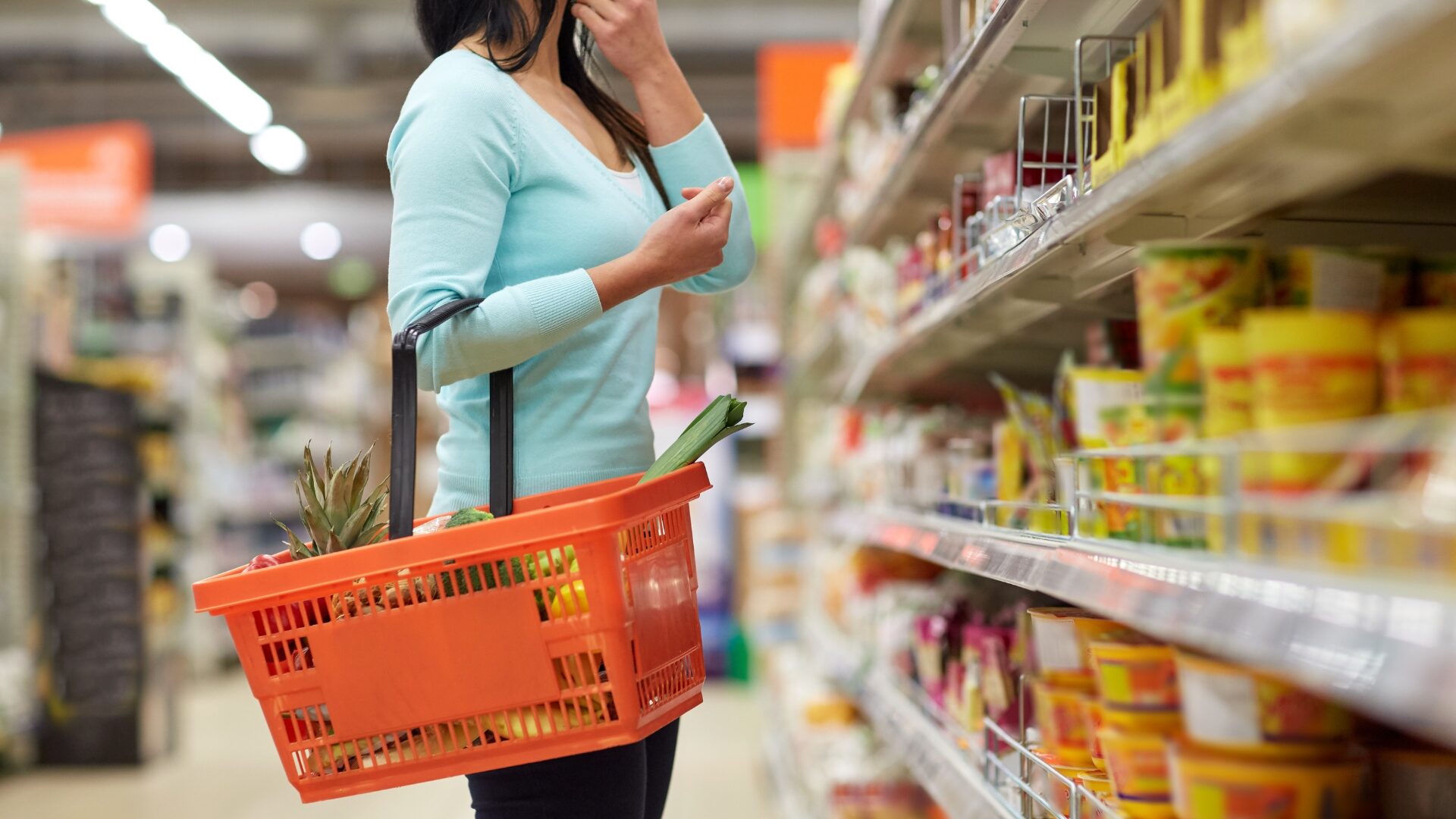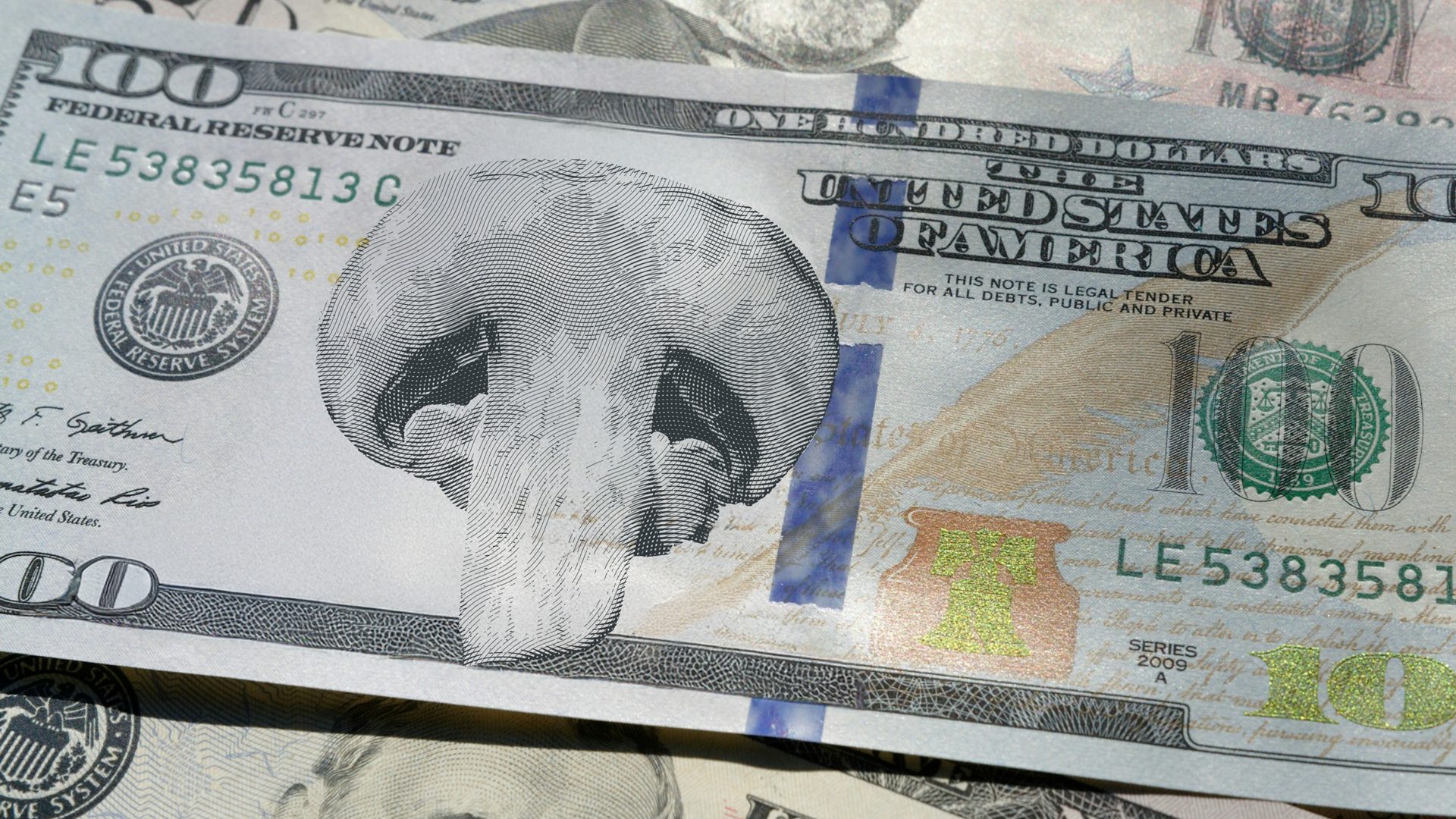In 2024, U.S. grocery retail companies are navigating a complex landscape marked by regulatory scrutiny, rising shrinkage, and financially stretched consumers. These pressures are forcing retailers to adapt quickly to stay competitive and relevant in a market that is increasingly challenging.
These were some of the main takeaways from a recent episode of The Food Institute Podcast featuring Supermarket Guru CEO Phil Lempert, who helped to explore some of the key trends and strategies shaping the grocery retail sector today.
The Resurgence of the Grocerant
One of the significant trends in grocery retail has been the resurgence of in-store dining options, often referred to as “grocerants.” Before the pandemic, many supermarkets invested heavily in food courts and in-store dining areas to attract customers and increase sales. However, the pandemic temporarily halted this growth as these areas were closed to prevent the spread of COVID-19.
As the world emerged from the pandemic, supermarkets began revisiting this strategy, albeit with a twist. Rather than focusing on extravagant dining spaces, they are now emphasizing value meals that compete directly with fast-food and takeout options. This shift reflects a broader trend towards offering affordable, convenient meals that cater to consumers facing tighter budgets.
“So I think what we’re going to see…with all the fast food restaurants pushing these $5 meals, I think we’re going to see the same thing happen in supermarkets, and they’re going to have to. It’s going to have to turn away from just having a gourmet meal into a value meal as well,” said Lempert.
The Growing Importance of Private Label
Another critical area of focus for grocery retailers is the growth of private label brands. Historically, private labels were seen as low-cost alternatives to national brands, often associated with lower quality. However, this perception has changed dramatically over the past few decades.
Retailers like Trader Joe’s and Aldi have built their reputations on high-quality private label products, turning them into signature offerings that attract loyal customers.
Lempert highlighted that private label brands are no longer just about cost savings; they are about quality and exclusivity. As the Kroger-Albertsons merger looms, the combined entity could potentially offer over 35,000 SKUs of their own brands, positioning themselves as a major player in the consumer-packaged goods (CPG) market. This growth in private labels reflects a strategic move by retailers to control more of the supply chain and offer unique products that cannot be found elsewhere.
Regulatory Pressures and the Future of Pricing
The grocery retail sector is also facing increasing regulatory scrutiny, particularly concerning pricing practices. The Federal Trade Commission (FTC) launched an investigation into supermarket pricing, questioning whether retailers have maintained pandemic-era price hikes even as the costs associated with the pandemic have subsided. This probe could lead to significant changes in how grocery prices are set and could force retailers to renegotiate terms with CPG brands.
“So the supermarket industry, from FTC, from these two senators, from the Attorney General of Connecticut, are really coming under a lot of criticism and a lot of pressure, and we’ll see what happens,” Lempert added.
Lempert warned that while price wars may seem like a potential outcome of this scrutiny, they rarely benefit retailers in the long run. Instead, he advocated for a model similar to Aldi’s—focusing on efficiency and high-quality products at lower prices, rather than engaging in a race to the bottom on pricing.
The Kroger-Albertsons Merger: A Deal in Jeopardy?
The proposed merger between Kroger and Albertsons is one of the most talked-about developments in the grocery sector. While the merger aims to create a retail giant capable of competing with the likes of Amazon, Walmart, and Costco, it faces significant hurdles. Regulatory challenges, including opposition from multiple state attorneys general and concerns over potential job losses, have cast doubt on whether the deal will go through.
Lempert noted that without a firm commitment from Kroger to maintain or lower prices post-merger, the deal’s future remains uncertain. As consumers become increasingly price-sensitive, any merger that threatens to raise prices or reduce competition is likely to face stiff opposition.
The Food Institute Podcast
U.S. grocery retailers are facing regulatory scrutiny on pricing, ever-increasing shrink and a financially-stretched consumer, but how can they adapt to these new market pressures? Supermarket Guru Phil Lempert joined The Food Institute Podcast to discuss the Kroger-Albertsons merger, the rise of private label and more.










